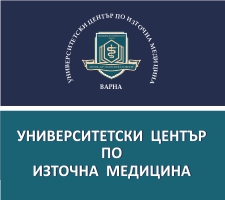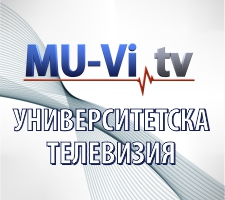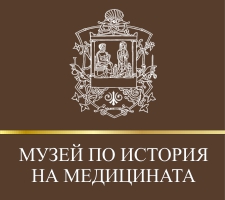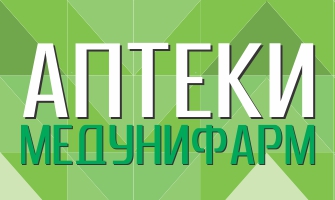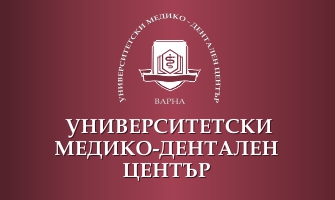MU-Varna and the Bulgarian Society of Paediatric Neurosurgery organized the First International Congress on Paediatric Neurosurgery, which took place on 6th and 7th June in Varna. The event brought together prominent experts in the field of Paediatric Neurosurgery from Europe and Bulgaria. The focus of the forum was the treatment of some of the most severe conditions in Paediatric Neurosurgery - congenital malformations such as spina bifida, hydrocephalus, craniosynostosis, vascular anomalies, complications from birth trauma, oncological diseases of the central nervous system - all of them requiring a multidisciplinary approach to treatment, modern imaging diagnostics and highly specialized medical surgical techniques.
The forum was held at an extremely high level, with the participation of some of the leaders in European Paediatric Neurosurgery. These included Prof. Dr. Pinar Ozisik from Turkey – the first woman to be Dean of a medical faculty in our southern neighbour country and a member of the Board of the Turkish Society of Neurosurgery, Prof. Dr. Shlomi Constantini from Israel – a world leader in Paediatric Neurosurgery and head of the largest Paediatric Neurosurgery Department in Israel and the Middle East, Prof. Dr. Alexander Kim from Russia – head of the Paediatric Neurosurgery Department at the Almazov National Medical Research Centre in St. Petersburg, Prof. Dr. Zhivko Surchev from the Neurosurgery Clinic at UMHAT “Ivan Rilski" – Sofia – one of the best Bulgarian neurosurgeons, teacher of the few Bulgarian physicians working in this field of medicine, Prof. Dr. Yavor Enchev – head of the Clinic of Neurosurgery at UMHAT “St. Marina" – Varna and President of the Bulgarian Society of Paediatric Neurosurgery.
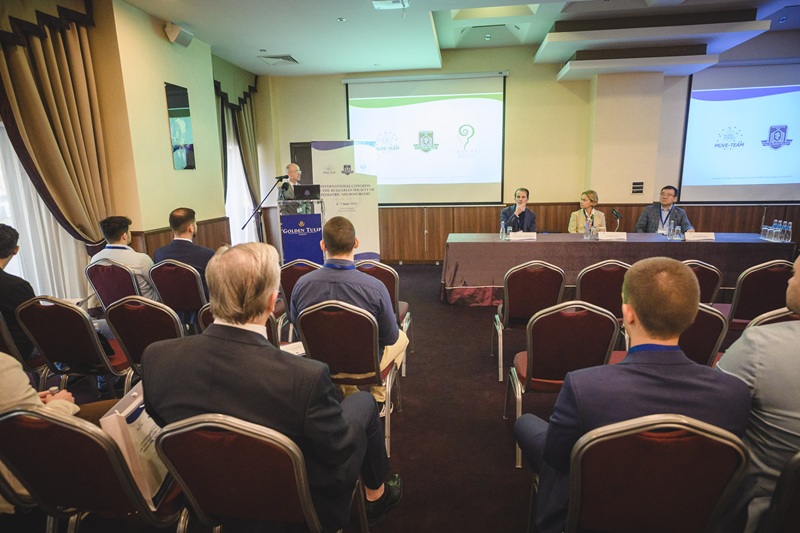
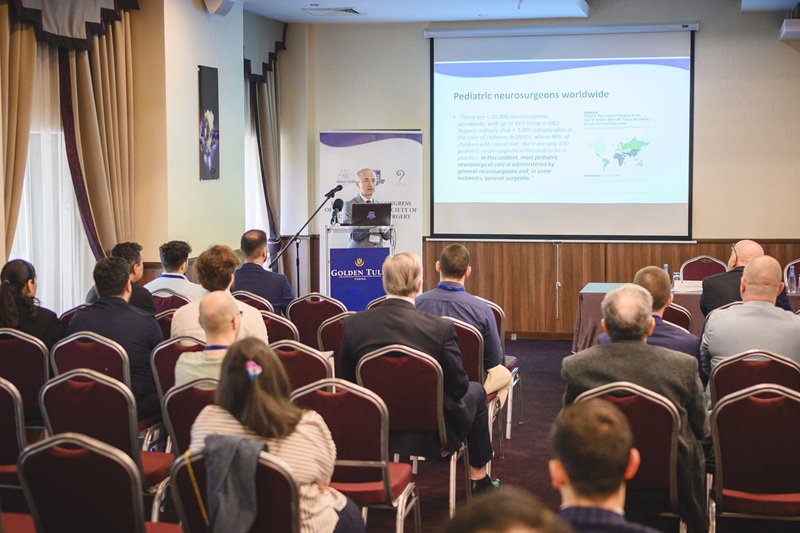
Among the topics of the forum were the latest developments in Neurosurgery, including the introduction of robotic devices and artificial intelligence. According to the specialists, modern Paediatric Neurosurgery is an area that is developing extremely fast, with its major achievements including 3D visualization and navigation during surgeries, the construction of simulation centres where each intervention can be played out in advance, and the implementation of artificial intelligence in diagnostics and planning.
Prof. Constantini from Israel highlighted that medicine in the field of treatment of oncological diseases in children is advancing rapidly, with targeted treatment already being applied. The results of radio surgery are also improving. Modern Paediatric Neurosurgery is now succeeding in relieving the symptoms of small patients suffering from paediatric cerebral palsy and epilepsy. “We still cannot cure these severe diseases, however, we can alleviate the condition of our small patients and improve their quality of life," added the guest from Israel.
Prof. Alexander Kim explained the potential of foetal surgery, which currently can only be applied in cases of a certain diagnosis, within a short period of the pregnancy. “Nonetheless, this intervention is too risky, and it is applied only after informed consent given by the parents," the doctor added. His words were supported by Prof. Pinar Ozisik, a leading expert in Paediatric Neurosurgery, Neuro-oncology, Endoscopic and Spinal Surgery in Turkey. She emphasised that foetal surgery still seems exotic in the field of Paediatric Neurosurgery, and a great part of the families do not choose to proceed with it.
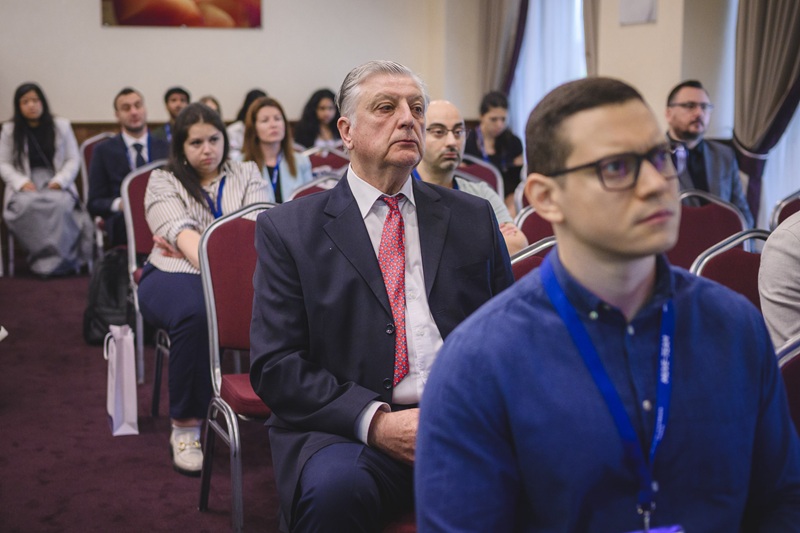
Prof. Dr. Zhivko Surchev from UMHAT “Ivan Rilski" – Sofia was categorical that despite the use of technologies and the introduction of artificial intelligence, the physician could not be replaced by them. According to the specialist, the incidence of oncological diseases in children is increasing in our country, which is most likely related to the general radiation background. He underscored that the number of babies with malformations is decreasing, and this is mainly due to earlier prenatal diagnosis.
The host of the forum, Prof. Yavor Enchev, who is also the head of the Department of Neurosurgery and ENT Diseases at MU-Varna, underlined that the tendency for an increase in oncological diseases is a consequence of a number of factors, among which the lifestyle and nutrition are invariably important, and it is yet to be investigated whether screens are also relevant to the increase in pathology. According to Prof. Enchev, quite frequently victims of accidents seek help from neurosurgeons. “Road trauma brings a great number of patients to us," said the specialist and added that almost every day he and his colleagues have to discuss cases of children and young people injured while scooter riding.
Prof. Dr. Enchev also summarized the objectives of the Bulgarian Society of Paediatric Neurosurgery, which was established two years ago in Varna – to develop research in the field of Paediatric Neurosurgery, to improve the training and education of young specialists and to increase the results and quality of treatment of the youngest patients in the country. “We are not inventing Bulgarian Paediatric Neurosurgery. It can boast long-standing traditions, and today it is at European level, thanks to the Bulgarian doctors with international experience and due to the targeted investments in equipment and training. Hospitals in our country are fully up-to-date with the latest developments," said Prof. Enchev and added that UMHAT “St. Marina" – Varna is a leading centre in the country that meets the criteria of the best clinics in Europe.
The First International Congress on Paediatric Neurosurgery in Varna was organised under project No BG-RRP-2.004-0009 “Medical University – Varna: Enhancement of Translational Excellence Achievement in Medicine (MUVE-TEAM)" - item 3.3. International cooperation in the strategic areas of the higher education institution from the Strategic Research and Innovation Program for the Development of MU-Varna.

